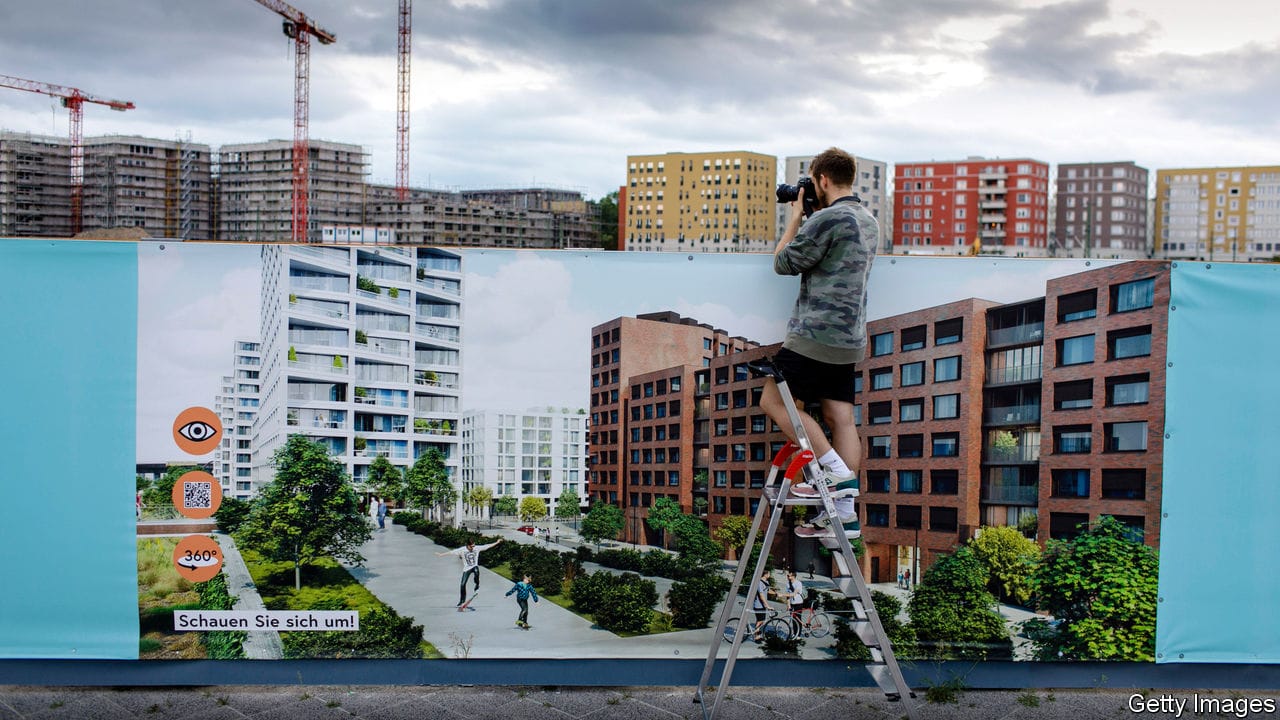- by
- 01 30, 2025
-

-
-
Loading

Loading


“IWORRY ABOUTSPD Berlin,” says Rolf Buch, a born and bred Rhinelander. The chief executive of Vonovia, Europe’s biggest residential-property firm, thinks that the city’s policy of capping rents has achieved little good, but caused severe collateral damage. Even if the federal Constitutional Court declares the rent cap unconstitutional in the next few months, as many expect it to do, Berlin will not go back to the . Protests are here to stay, Mr Buch reckons.Faced with increasing unrest over rents deemed unaffordable by Berliners, the city’s Senate, run by a coalition of Social Democrats (), Greens and Die Linke, Germany’s hard-left party, introduced a five-year for all apartments built before 2014 that came into force a year ago. In stage one of the scheme, which went into effect on February 23rd 2020, the rents for around 1.5m flats were frozen at their level of June 2019. When stage two kicked in on November 23rd, landlords were obliged to reduce any rents that exceeded by more than 20% a list of newly defined caps, set at anywhere between €3.92 and €9.80 ($4.66-11.66) per square metre, depending on the quality of the flat and the fittings it came with. Any future contracts would have to stick within the caps.